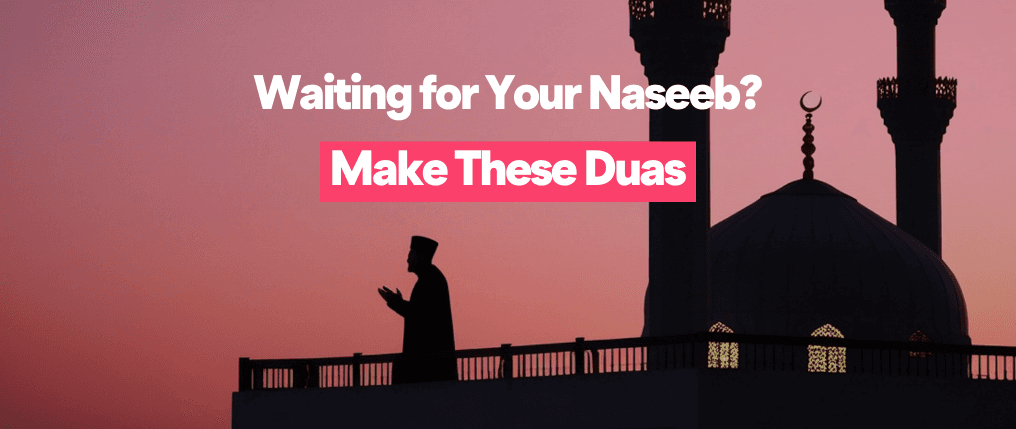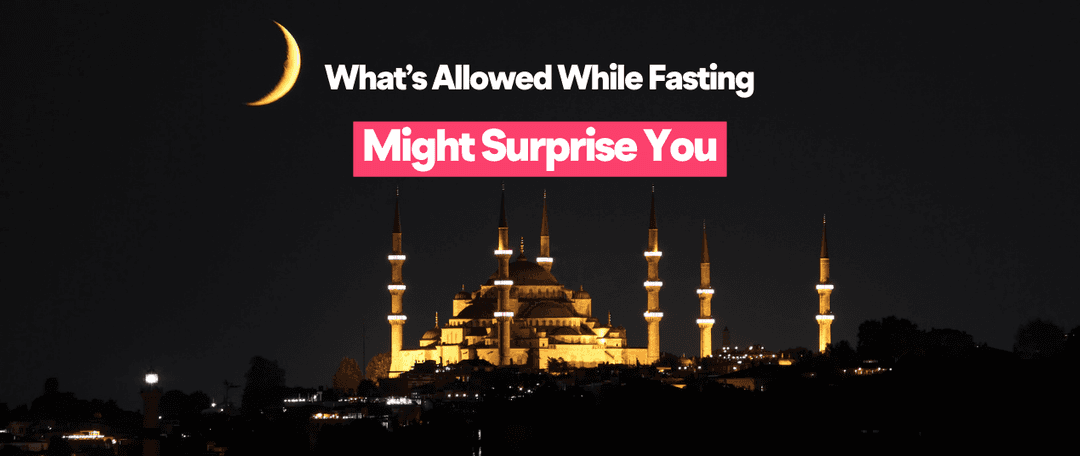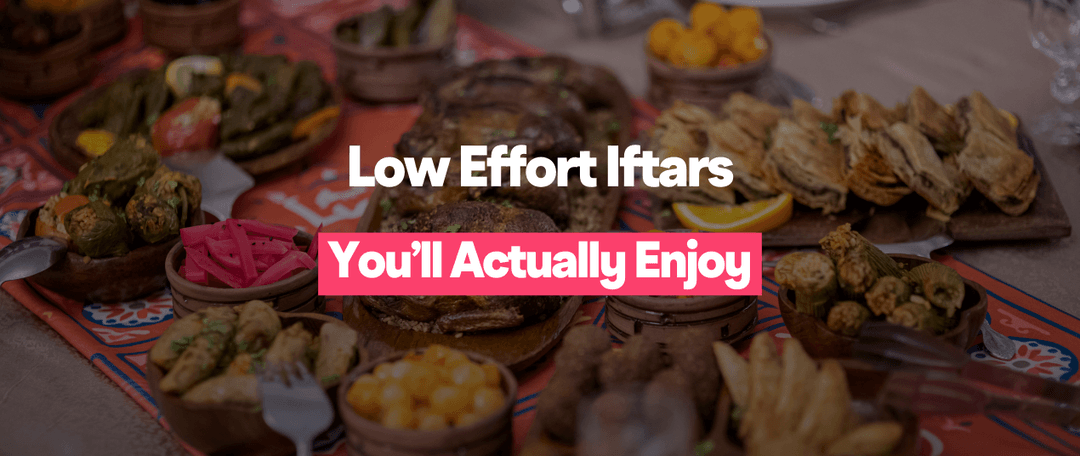
15 Powerful Duas for Your Naseeb (What to Ask Allah for in a Righteous Spouse)
If you’re searching for a dua for a righteous spouse, it probably means one of two things. You’re either waiting. Or you’re unsure about someone.And Ramadan, especially Laylatul Qadr, makes that waiting louder.Marriage is rizq, but it’s also timing, character, growth, and alignment. So instead of just asking, “Ya Allah, let me get married,” here are deeper duas you can make, ones that shape your heart, not just your status.
1. “Ya Allah, give me someone who makes Jannah feel closer.”Not just someone attractive or successful, but someone who makes you remember Allah more naturally.
2. “Ya Allah, protect me from a marriage that looks good but empties me.”Not every proposal is a blessing, some are lessons. Ask for protection as much as you ask for provision.
3. Rabbana hablana (Qur’an 25:74)Arabic:رَبَّنَا هَبْ لَنَا مِنْ أَزْوَاجِنَا وَذُرِّيَّاتِنَا قُرَّةَ أَعْيُنٍTransliteration:Rabbana hablana min azwajina wa dhurriyyatina qurrata a‘yun“Our Lord, grant us from our spouses and offspring comfort to our eyes.”Ask not just for a spouse, but for peace. Emotional safety. Softness. Mutual growth.
4. “Ya Allah, don’t let loneliness rush me into something misaligned.”Loneliness is loud, but desperation is dangerous.
5. Dua of Musa (AS)Arabic:رَبِّ إِنِّي لِمَا أَنْزَلْتَ إِلَيَّ مِنْ خَيْرٍ فَقِيرٌTransliteration:Rabbi inni lima anzalta ilayya min khayrin faqir“My Lord, I am truly in need of whatever good You send me.”He made this dua in vulnerability, and Allah sent him safety, provision, and marriage. Make this dua when you feel uncertain.
6. “Ya Allah, make me the kind of spouse I’m asking for.”Most people skip this. If you want patience, are you patient? If you want emotional maturity, are you emotionally mature?Marriage is mirrored growth.
7. “Ya Allah, remove anyone from my life who is not written for me.”Clarity is mercy. If someone is not your naseeb, ask Allah to detach your heart gently.
8. “Ya Allah, if they are good for me, make it easy. If not, make it impossible.”Simple and powerful. Ease is a sign.
9. Laylatul Qadr Dua (Forgiveness First)Arabic:اللهم إنك عفو تحب العفو فاعف عنيTransliteration:Allahumma innaka ‘afuwwun tuhibbul ‘afwa fa‘fu ‘anniForgiveness softens the heart. And a soft heart recognizes the right person.
10. “Ya Allah, give me someone whose private character is better than their public one.”Character is revealed in marriage. Ask for integrity.
11. “Ya Allah, protect me from loving someone who cannot lead me.”Real leadership comes with responsibility.
12. “Ya Allah, write for me a marriage that brings sakinah, not chaos.”Sakinah is calm love. Not dramatic love.
13. “Ya Allah, don’t let me chase someone who isn’t chasing You.”What matters most is that you’re walking toward Allah together.
14. “Ya Allah, make our hearts aligned before our lives align.”Alignment > timing.
15. “Ya Allah, if marriage is delayed for me, let the delay elevate me.”Delay is not denial. Sometimes Allah prepares you before He provides you.
How to Make These Duas in Laylatul QadrDon’t rush through them.• Pray two rak’ahs• Sit in stillness• Speak in your own language• Be specific• Ask with certaintyAnd then detach from anxiety.Your naseeb cannot miss you.
Final ReminderYou can ask Allah for a spouse. You can ask for clarity, for ease, for someone who feels written just for you.But in the end, what’s meant for you won’t pass you. And what isn’t meant for you won’t stay, no matter how tightly you hold it.So make your duas. Be honest. Be hopeful. And then trust Allah with the rest.































